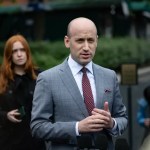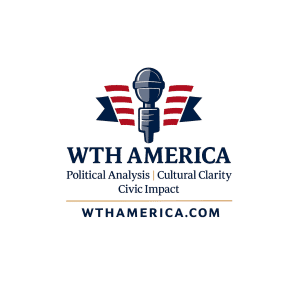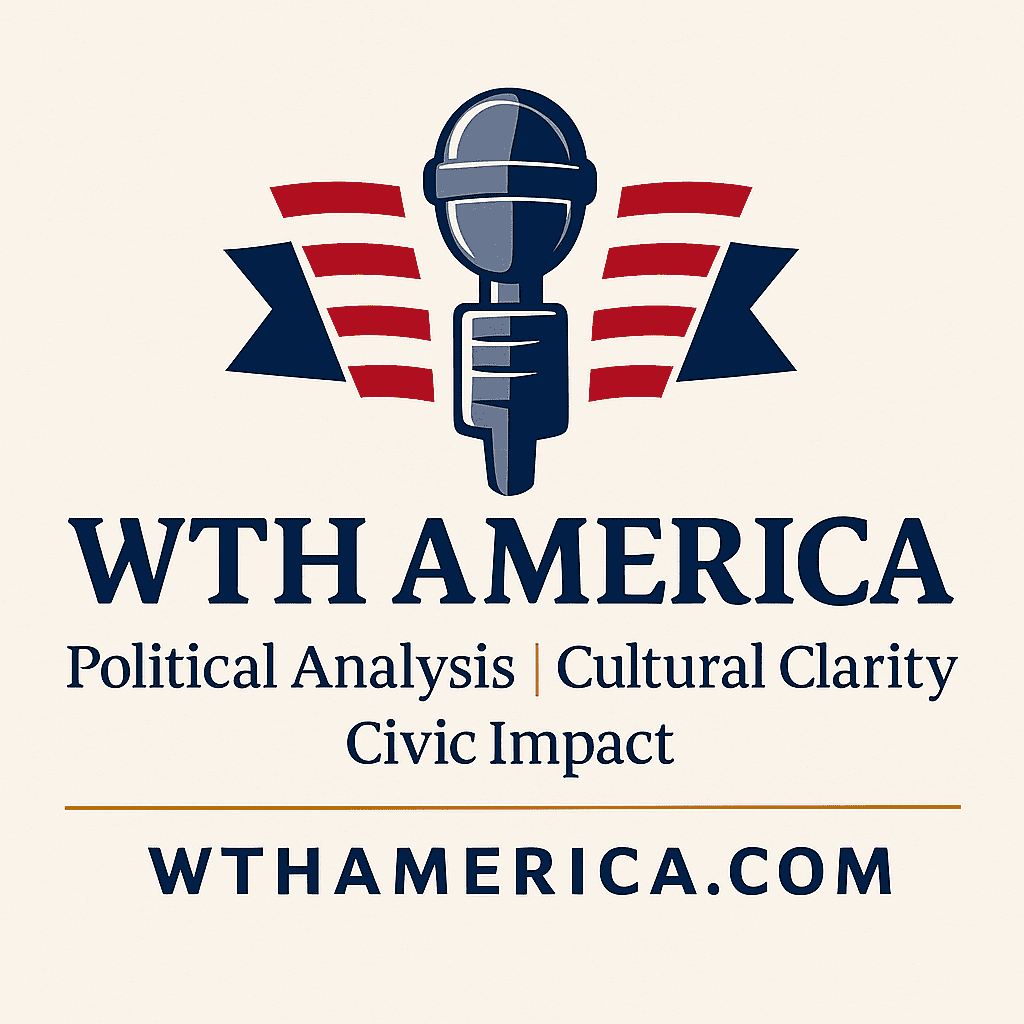
Trump Administration Moves to Block the U.S. Travel of Mexican Politicians Who It Says Are Linked to the Drug Trade
May 15, 2025
Georgia Is Using a Brain-Dead Woman as an Incubator
May 15, 2025Donald Trump wants everyone to know that under no circumstances will he give up his special new plane. “Only a FOOL would not accept this gift on behalf of our Country,” the president wrote on Truth Social just before 3 a.m. local time yesterday in Saudi Arabia, insisting that the luxury jet given to him by Qatar would serve as a “temporary” Air Force One. Trump seems to think that if he just keeps posting about snagging a $400 million plane from a foreign state to ferry around the nation’s most sensitive assets, the idea will become less transparently ridiculous. Instead, the more he talks about it, the more absurd it sounds.
That the president’s decision is indefensible is evident from the quality of the defenses. “I can’t wait for the press to find out about France’s so-called ‘gift’ of the Statue of Liberty, accepted in 1886 by then-President Grover Cleveland,” quipped Ann Coulter on X, an argument Trump himself later reposted. In reality, the receipt of the Statue of Liberty was approved by Congress, and Cleveland did not subsequently ride around the world in it along with the country’s leadership—though that would make a great premise for a children’s cartoon.
Qatar has its own particular peccadilloes: funding, hosting, and cheering extremist groups, including Hamas; allegations of de facto slave labor; institutionalized homophobia. But setting those aside, no credible case can be made for an “America First” president to outsource to a foreign actor what is supposed to be the most secure means of government transport. This partly explains why some Republican lawmakers, and even hard-core Trump loyalists such as Laura Loomer, have come out against the move. Nevertheless, Trump seems unable to resist this shiny, opulent toy that he feels he deserves.
But to dismiss this vice as unique to Trump would not be honest. Here, as elsewhere, the president is taking an existing elite failing to its garish extreme.
Trump is far from the first member of his circle to benefit from Qatar’s largesse. From 2019 to 2020, the authoritarian petrostate paid $115,000 a month to now–Attorney General Pam Bondi and her firm to lobby on its behalf. She has reportedly signed off on the legality of the country’s lavish gift to her boss. FBI Director Kash Patel was also paid by Qatar before assuming his current position. A member of the Qatari royal family invested $50 million in the pro-Trump conservative media network Newsmax, whose leaders reportedly pressed staff to soften coverage of the country. And Donald Trump Jr. is speaking next week at the Qatar Economic Forum, in Doha, on the subject of “Monetizing MAGA.” (That language has since been scrubbed from the forum’s site.)
Affection for Qatari cash is a bipartisan affair. Qatar funded Representative Ilhan Omar’s trip to the 2022 FIFA World Cup, and gave $1 million to the Clinton Foundation while Hillary Clinton was still serving as U.S. secretary of state. Such influence campaigns extend beyond the United States. In November 2022, Eva Kaili, a socialist politician and the then–vice president of the European Parliament, publicly extolled the virtues of Qatar, calling the country “a frontrunner in labour rights” and “good neighbours and partners.” “The World Cup in Qatar is proof, actually, of how sports diplomacy can achieve a historical transformation,” she said, and chided the Gulf state’s critics: “They accuse everyone that talks to” Qatar “of corruption.” Weeks later, Belgian police arrested Kaili as part of an investigation into bribery by Qatar and found bags of cash in her residence and her father’s hotel room. Qatar also allegedly bribed FIFA officials for the rights to the World Cup in the first place.
The country’s currency hasn’t just flowed to public officials. Qatar is the largest foreign funder of American universities, with donations totaling more than $6 billion, many of which were initially undisclosed, according to the Network Contagion Research Institute at Rutgers University. For years, Qatar poured millions into the Brookings Institution, one of America’s most respected think tanks, and bankrolled its former branch in Doha. And today, the Qatar Foundation funds programs for American public schools through its U.S. branch. “We unlock human potential,” declares its manifesto. Last October, Sheikha Moza bint Nasser, the mother of Qatar’s leader and a co-founder of the organization, offered a glimpse into her conception of human potential. “The name Yahya means the one who lives,” she wrote on social media after Yahya Sinwar, the Hamas architect of October 7, was killed. “He will live on and they will be gone.” By “they,” she seems to have meant Israel.
None of these exchanges is as nakedly transactional as granting a $400 million jet to a sitting president. They certainly don’t violate the Constitution. But they are nevertheless a subtle and pernicious form of influence peddling designed to launder Qatar’s reputation—a form of soft corruption that Trump has now characteristically taken to cartoonish excess. A Yale scientist funded by Qatar to study climate change is not being paid to shill for the regime, but such a scholar may be more favorably disposed toward the country and less likely to engage in serious criticism of their benefactor. Qatar funds American institutions, in other words, for the same reason that the tobacco company Philip Morris International funds and trumpets philanthropic works.
Qatar needs to do this because there are many good reasons to be suspicious of Qatar, and no grassroots pro-Qatar constituency exists in the United States. The Gulf country hosts America’s largest military air base in the Middle East, which is of interest to war planners but largely unknown to U.S. citizens. There are no American stans of Qatari Emir Tamim bin Hamad al-Thani, no college students hoisting Qatari flags on campus, no steady stream of English-language best-selling books that tout the country’s virtues or vices.
Qatar’s influence operations are commonly compared by their defenders to the lobbying of pro-Israel activists. But whatever one thinks of those activists, they are not foreign-state actors. The A in AIPAC stands for America, and the advocacy and campaign contributions that the pro-Israel group provides come voluntarily from thousands of American citizens. This is why Israel itself spent only $700,000 lobbying Washington last year, while Qatar spent $7.5 million. For better and worse, many Americans are deeply invested in the state of Israel, both positively and negatively, for political and religious reasons, and therefore engage in the democratic process to further their preferred policies toward the country. Practically nobody is invested in Qatar—unless Qatar is invested in them.
“We’ve never had a relationship with Qatar as strong as this,” Trump said yesterday, a few days after accepting its Air Force One offer. “We’re going to protect you.”
#Problem #Bigger #Trumps #Million #Plane
Thanks to the Team @ The Atlantic Source link & Great Job Yair Rosenberg







